
Post-Election: VPN Usage Soars High in Mozambique As Internet Crackdown Persists
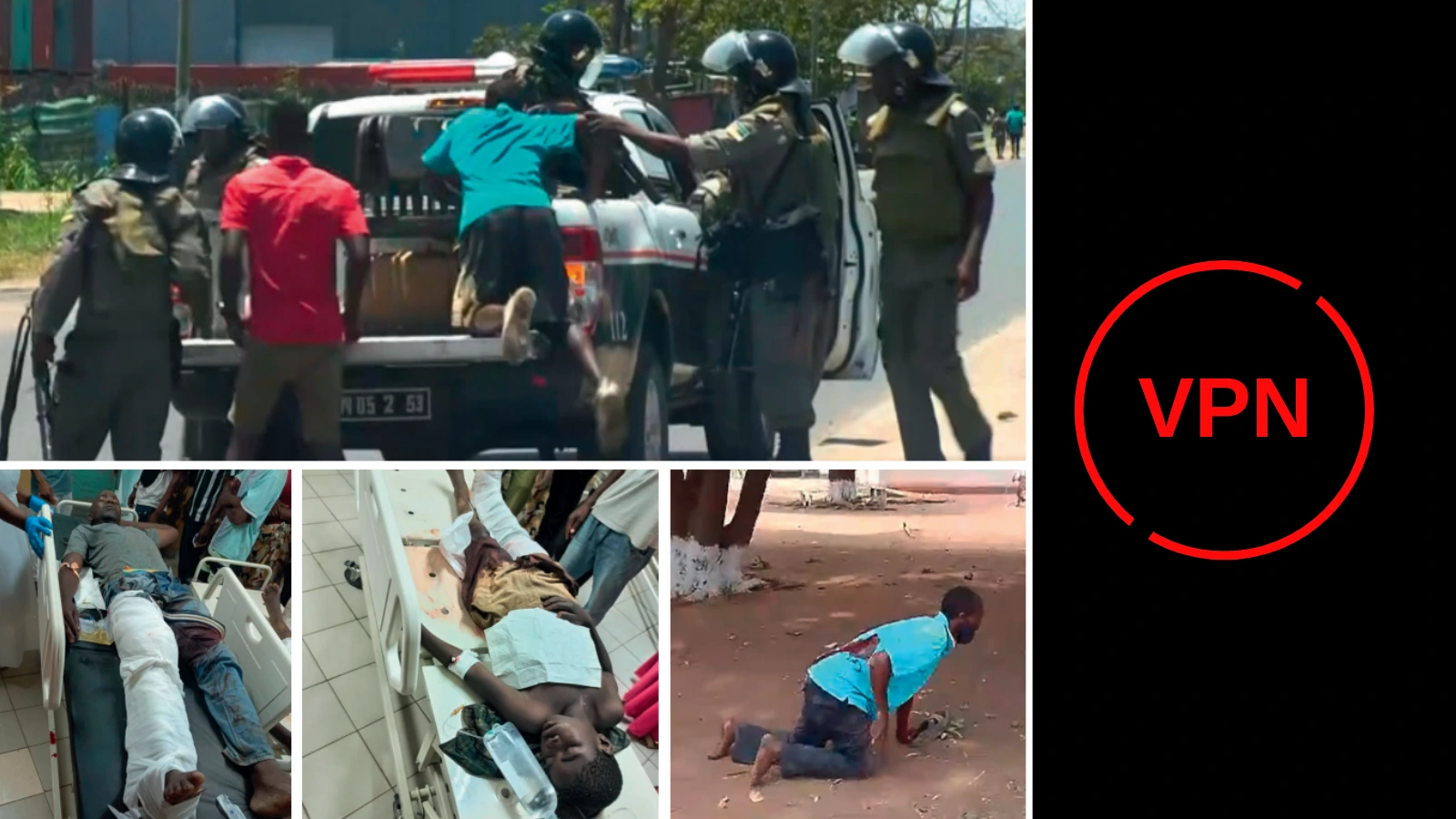
Mozambicans increasingly deploy Virtual Private Network (VPN) services to bypass online restrictions following protests over the election results.
The Mozambique authorities, under the outgoing President Filipe Nyusi of the ruling democratic socialist party FRELIMO, first disrupted mobile internet on October 25, 2024, as confirmed by Surfshark, a platform that tracks internet shutdown.
Subsequently, on October 31, VPN usage surged in the southeast African country, as all Meta apps, including Facebook, Instagram, WhatsApp, and Facebook Messenger, stopped working with regular internet access.
Also, on November 4, NetBlocks, an internet watchdog, reported that Telegram, TikTok, and YouTube were inaccessible to Mozambicans, hence the surge in VPN usage as a last resort.
Internet restrictions in Mozambique reflect a growing trend of governments limiting access during political unrest, impacting safety and essential information flow. These shutdowns disrupt daily life, from business to education, and pose a significant threat to open internet and free speech in the region, says Justas Pukys, VPN Product Manager at Surfshark.
With the situation changing quickly, it’s important for people to keep up with news from local and international sources. They should also take steps to protect their privacy by using secure communication tools like private messaging apps, encrypted email services, and VPNs, he added.
ProtonVPN, a company rendering VPN services, confirmed a 127,830% spike during the daytime. Following the surge in the use of VPNs and the outbreak of protests in the country was the October 9 election marred with alleged vote-rigging, prompting protests which police violently repressed during and after the vote-counting process by opposition members and independent observers.
Daniel Chaplo of the FRELIMO party was declared President-elect on October 24 despite the death of over 20 people killed by the Police.
Read Also: Mozambique’s Ex-Finance Minister Convicted in $2 Billion Fraud Scandal
Ghana’s Cocoa Production Expected to Increase in 2024/25 Season
Yet, a report by the AssociatedPress indicated that Mozambique defence minister Cristóvão Chume has threatened military to deploy soldiers to quell the post-election protests that have engulfed the country after the opposition rejected the results of the country’s polls, which saw the governing Frelimo party extend its 49-year rule.
The opposition candidate, Venâncio Mondlane, and his PODEMOS party claimed Mondlane had won 53% of the vote using data from their poll observers, challenging the announced 20.32%.
Nonetheless, voters have scheduled to march tomorrow, November 7, in Maputo to demand justice over the murder of two senior opposition figures, Elvinos Dias and Paulo Guambe, who were killed in Maputo on October 19, 2024.
Similarly, on October 21, police reportedly, in a violent operation, dispersed a press conference and protests led by Mondlane close to where the killing took place.
About The Author
Mayowa Durosinmi
author
M. Durosinmi is a West Africa Weekly investigative reporter covering Politics, Human Rights, Health, and Security in West Africa and the Sahel Region
Mayowa Durosinmi
M. Durosinmi is a West Africa Weekly investigative reporter covering Politics, Human Rights, Health, and Security in West Africa and the Sahel Region
Related Articles
Mali: Goïta Announces National Consultations on Political Party Reform in 2026
Mali’s transitional president, General Assimi Goïta, has announced plans to launch national...
ByWest Africa WeeklyJanuary 15, 2026Tinubu, Shettima to Spend N12.2bn on Travel and Transport as Nigerians Struggle With Cost of Living and Insecurity
Details from Nigeria’s 2026 Appropriation Bill show that President Bola Ahmed Tinubu,...
ByWest Africa WeeklyJanuary 10, 2026Rivers State Assembly Initiates Impeachment Proceedings Against Governor and Deputy
The Rivers State House of Assembly has begun impeachment proceedings against Governor...
ByWest Africa WeeklyJanuary 8, 2026Guinea Junta Leader Doumbouya Declared Winner of Presidential Election
Guinea’s military ruler, General Mamady Doumbouya, has been declared the winner of...
ByWest Africa WeeklyDecember 31, 2025





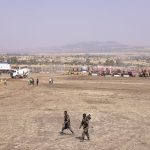


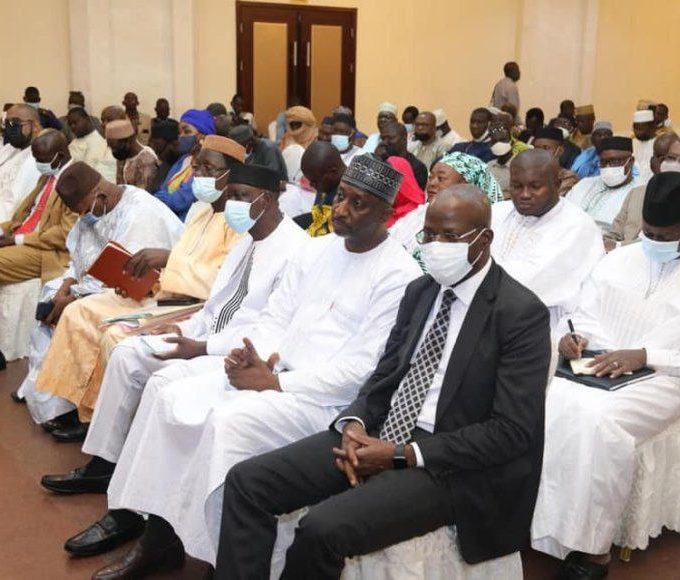
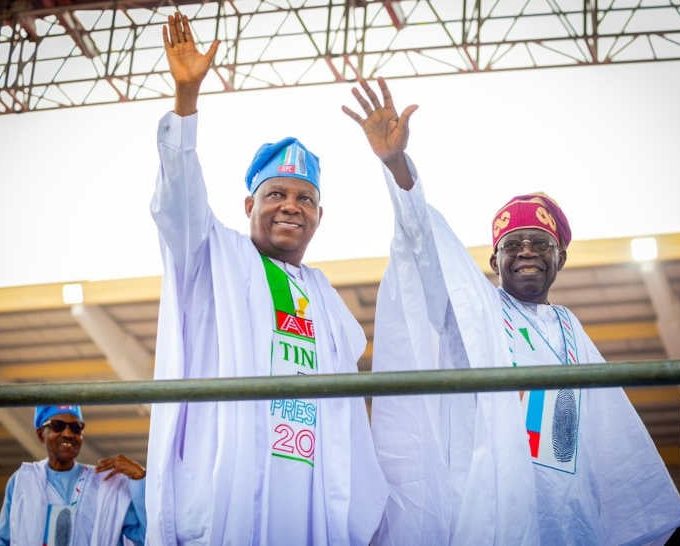
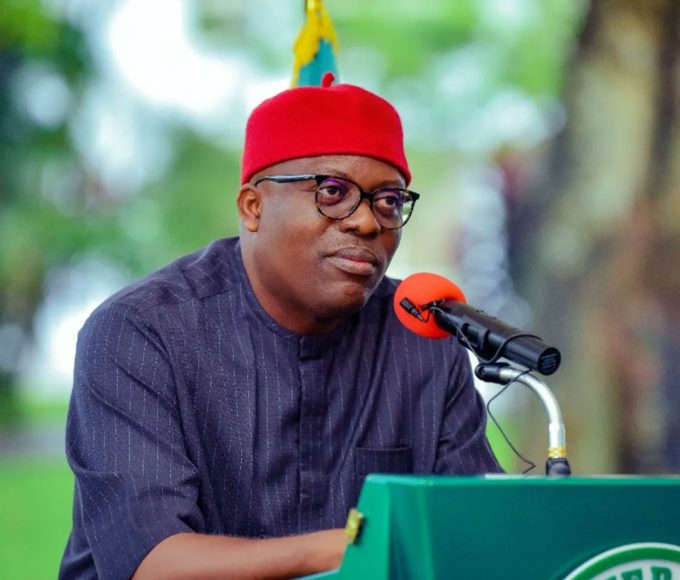
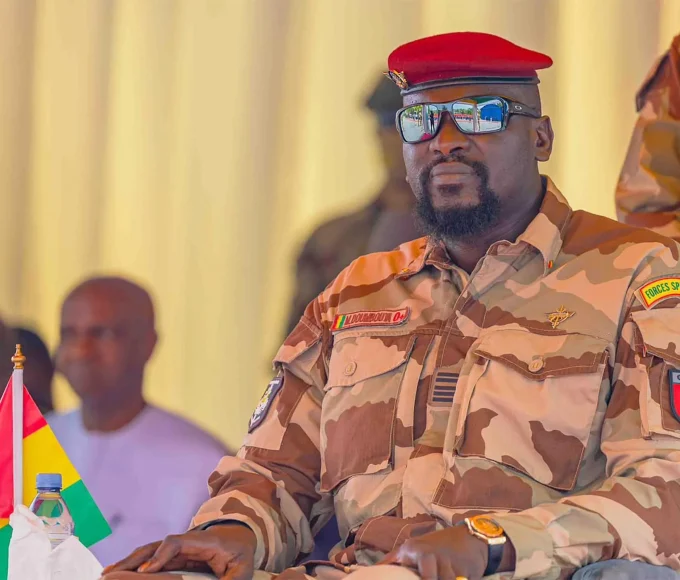
Leave a comment